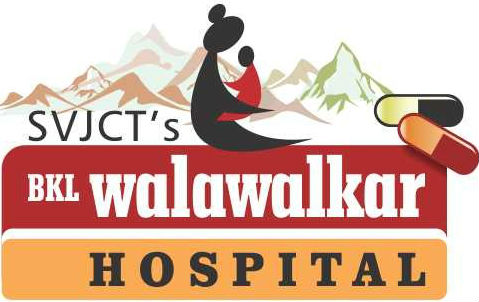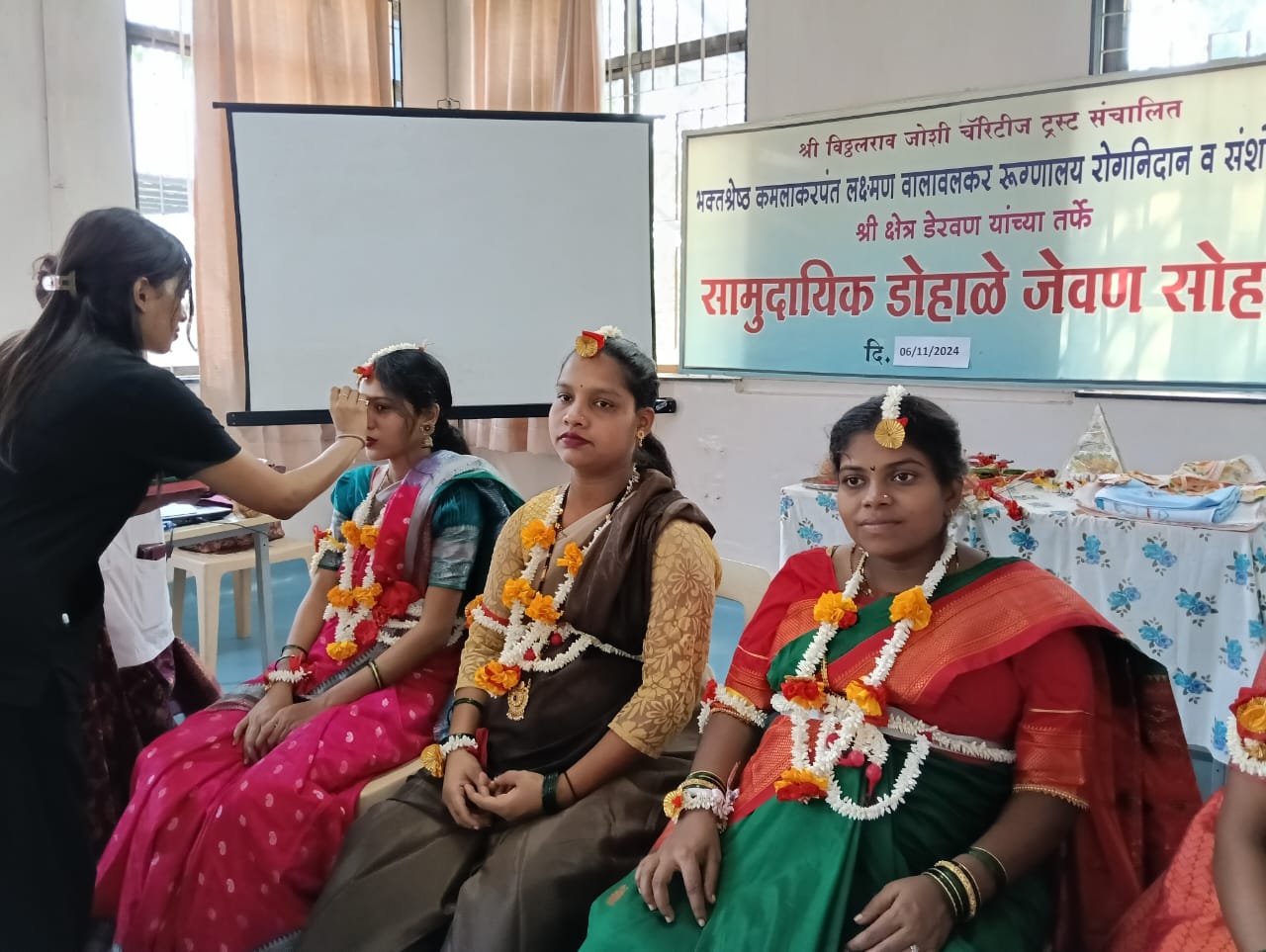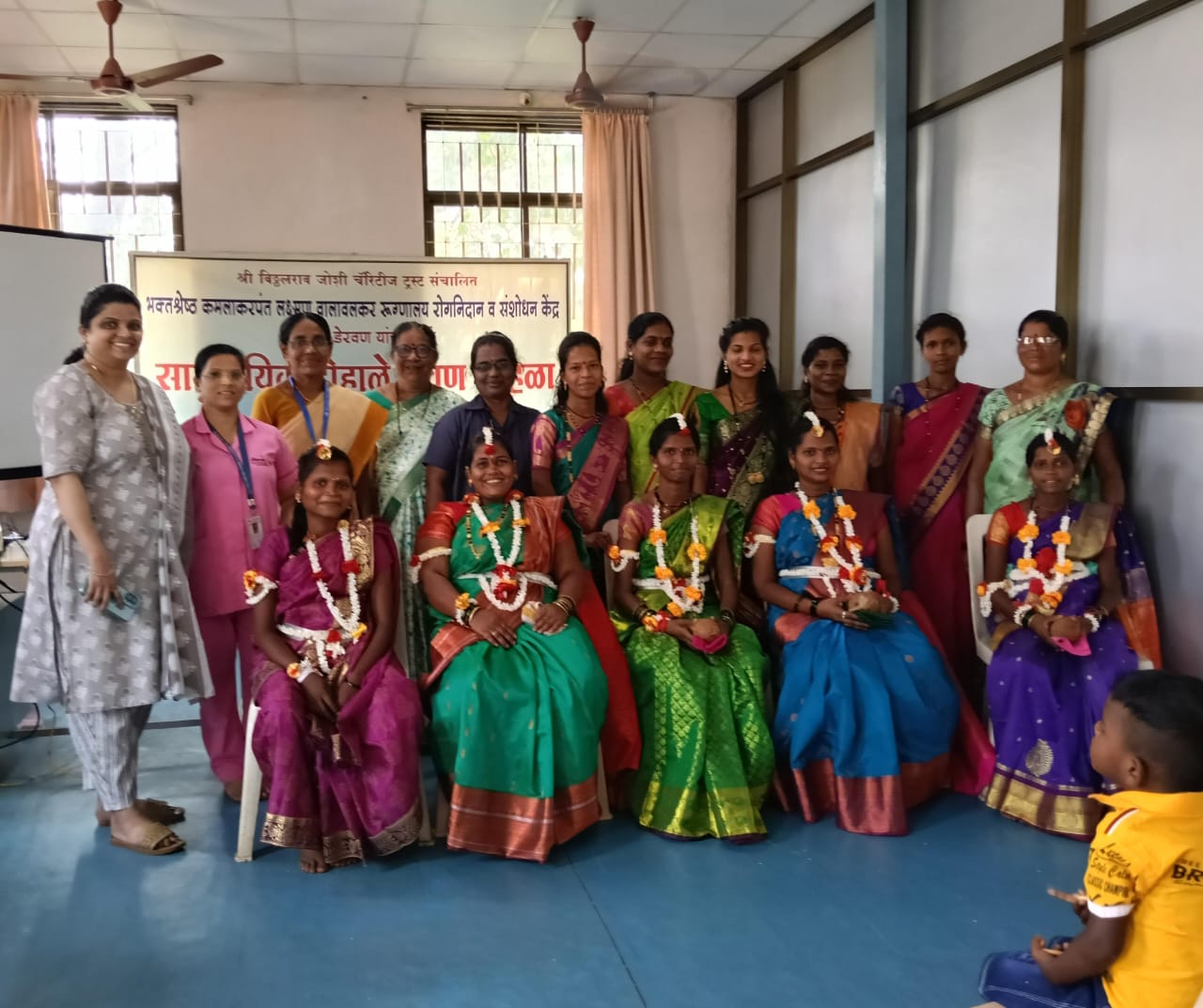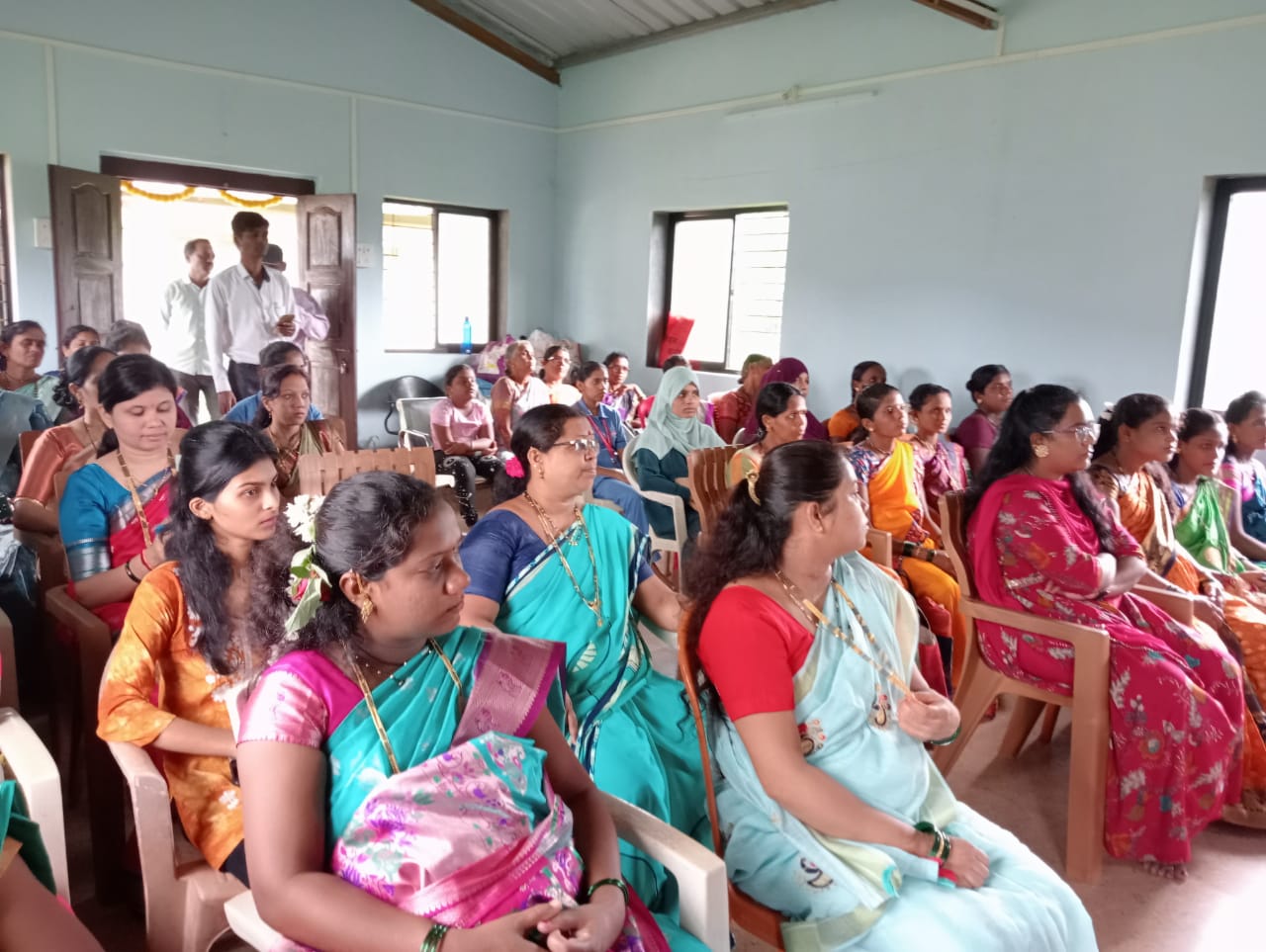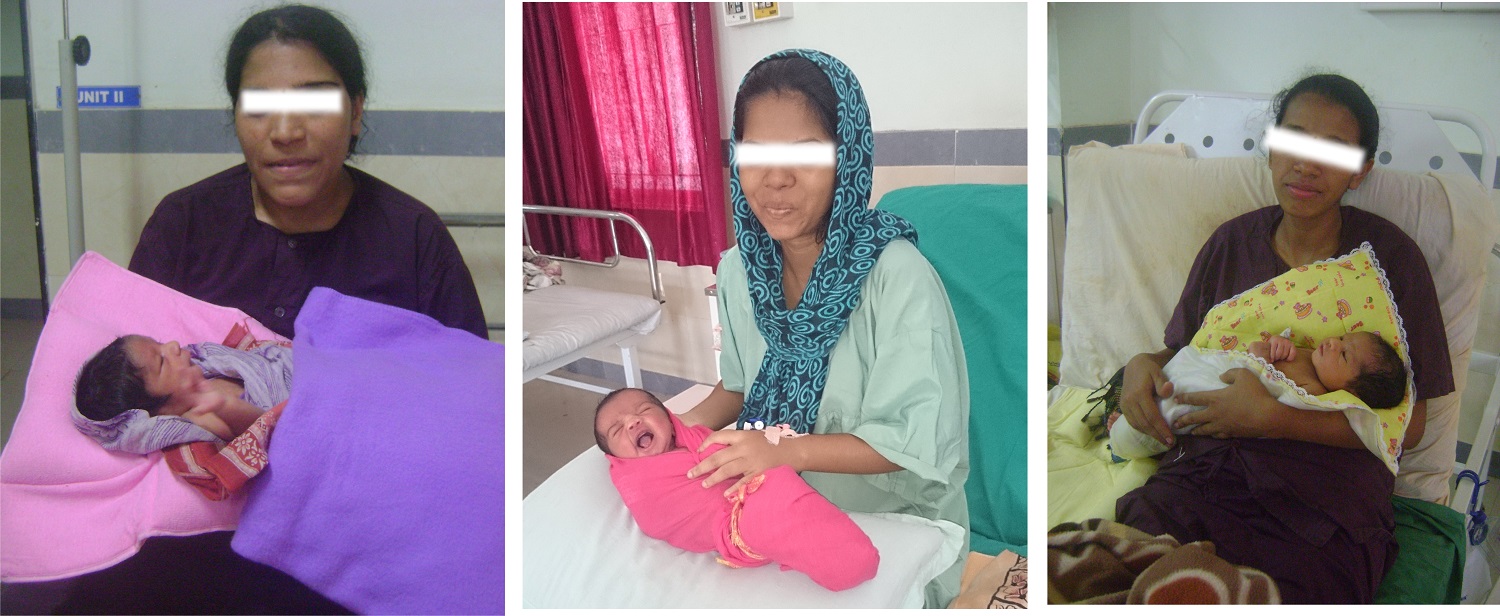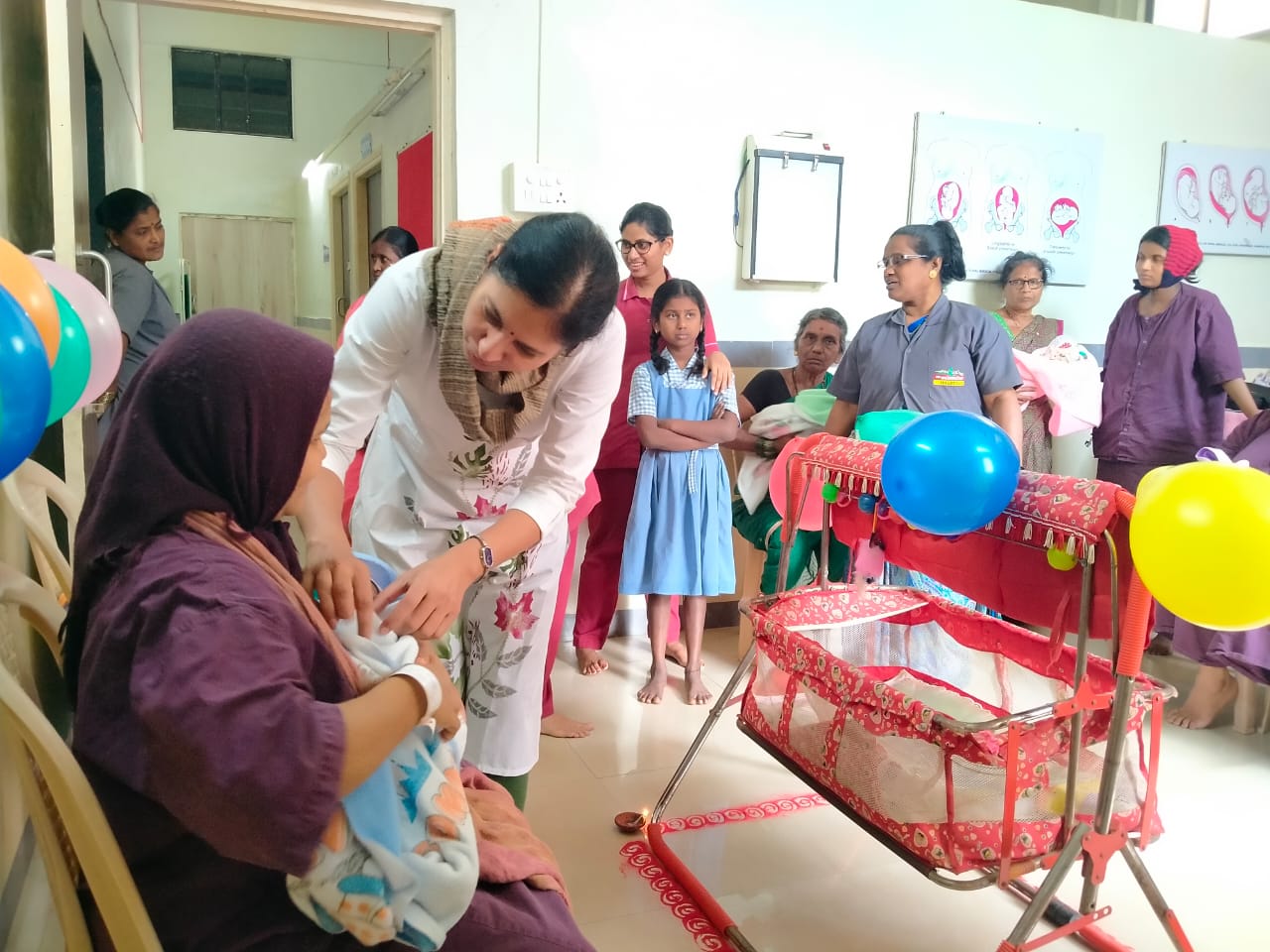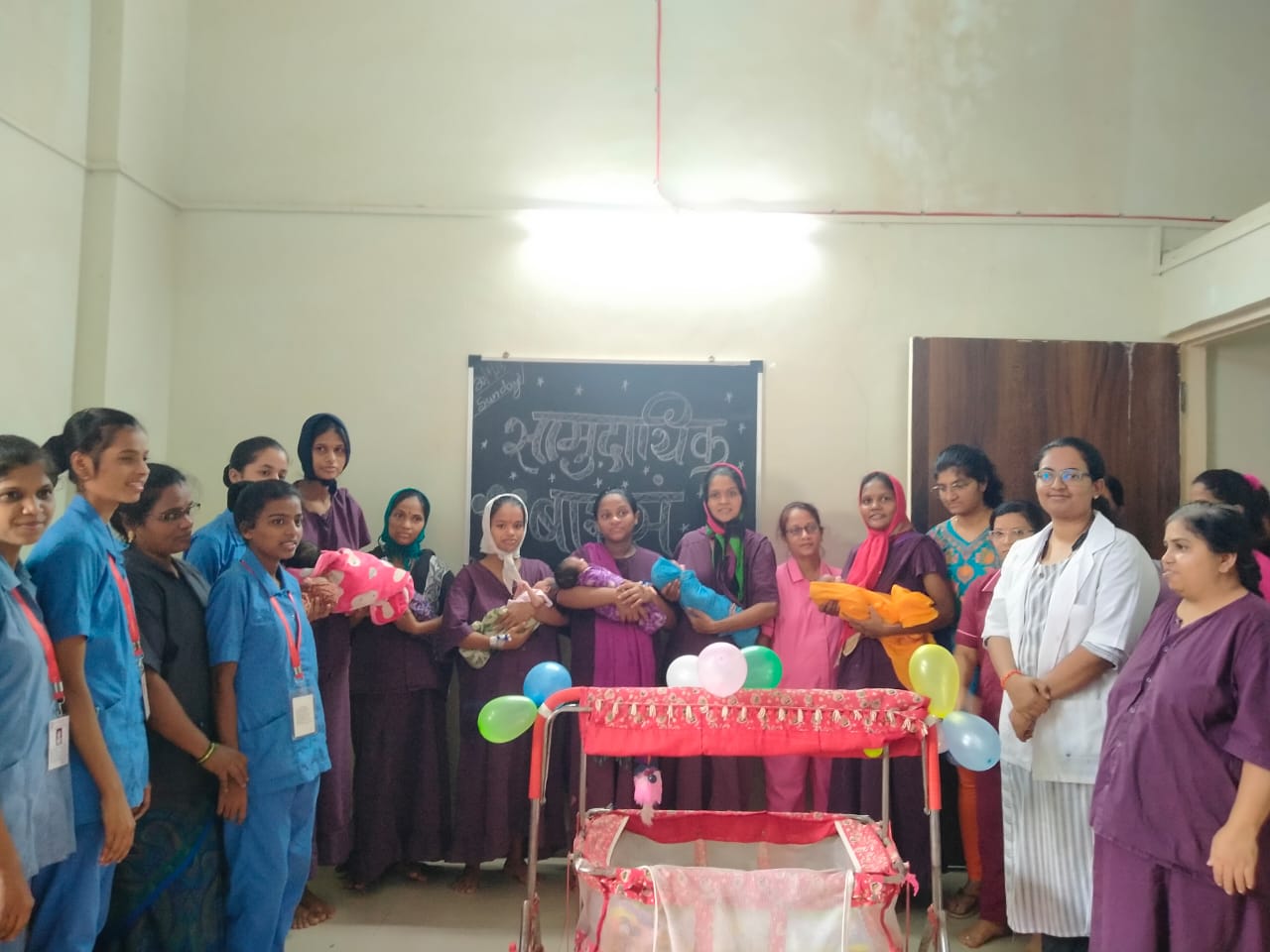For antenatal care (Since 2009)
- Nutritional supply-Laddoo
- Early Identification of High Risk
- Sonography -fetal growth
- Free Ambulance
- Free Delivery, LSCS
- Maher: Free stay & Food
- Cord, Placenta
- Weight, Morphology
- Baby Kit
Baby shower Ceremony to encourage institutional delivery and antenatal care
Get-together for ‘in-laws’ and ‘baby shower’ ceremony
Fusion of ancient culture and modern medicine to attract the illiterate villagers
An important relationship in every family is between the mother-in-law and the daughter-in-law. Every daughter-in-law finds it challenging to meet the expectations set by the mother-in-law, particularly regarding the arrival of a grandson.
- Hospital organizes gatherings to help create a bond between the daughters-in-law and mothers-in-law.
- Doctors explain to them the reasons behind the birth of a daughter or son, how it is not dependent only on women, how to take care of a new-born baby irrespective of their gender.
- Hospital arranges baby shower ceremonies for the local expectant mothers, so they feel special and cared for.
This reduces the societal gender-specific birth pressure of the expecting mothers. And makes the birth of a child the most blissful event for a mother. This helps create a pleasant state of mind, boosts their confidence, and thus leads to a stress-free delivery. It is also an opportunity for the Hospital to build a life-long bond and gain the trust of these local women.
MAHER SCHEME
PROLONGED HOSPITAL STAY AND CARE FOR HIGH RISK PREGNANCY PRIOR TO DELIVERY
Malnourished women in the Konkan region are seen mainly due to marriages at an early age, multiple pregnancies, poverty, alcoholic husbands, insufficient food, and heavy physical labour on the farm and at home. The Hospital therefore introduced Walawalkar Maher Yojana to concentrate on pregnant women’s health. The poor and malnourished women are examined by a team of doctors and nurses regularly. They treat them right at their doorsteps to ensure safe, healthy delivery and recovery, providing them with medicines and Nutritious Ladoos.
There is a belief that delivery is a natural event and no hospitalization is required. The Hospital initiated the Maher Scheme (Maher means the parental home), to reach out to the inaccessible areas for Medical Help.
- Expectant high risk mother is brought to the Hospital 20-30 days before the delivery
- During this period, she is trained in taking care of a new-born, treatment and bath, health, clothing, and the baby’s diet.
- After delivery, during discharge she is presented with a gift hamper that includes items required for her new-born.These schemes are implemented to make the women feel comfortable during delivery at the Hospital and to introduce them to proper ways of taking care of their new-borns once they return home.
Positive Impacts
- Institutional Deliveries: Home deliveries are no longer conducted now, as there is a strong preference for institutional deliveries. This ensures safer birth practices, access to skilled medical staff, and better management of complications during delivery.
- Early Registrations and Prenatal Care: Early registration of pregnancies at the OPD have ensured that expectant mothers receive timely prenatal care. This allows for regular monitoring, early identification of potential complications, and appropriate interventions during pregnancy.
- Improvement in Birth weight: There has been a noticeable improvement in the birth weight of neonates, with 50% of neonates weighing above 2.5 kg. A positive indicator of better maternal nutrition, prenatal care, and overall health.
- Zero Maternal Deaths: The most encouraging statistic is zero maternal deaths among registered mothers, indicating that the quality of care and monitoring during pregnancy and childbirth has significantly reduced maternal mortality.
These achievements reflect the positive outcomes of institutionalized healthcare, early prenatal care, and a focus on improving maternal and child health, contributing to the well-being of mothers and their new-borns.
Naming Ceremony
Workshops for Lactating Mothers and Common Birthday Celebrations for Infants
The next stage after birth focuses on the child’s development, care, and health.
- Hospital organizes monthly birthday celebrations to monitor the health of both the mother and child.
- Celebrations ensure continued contact between the mother, child, and hospital for any necessary support.
- Every child is invited to the common birthday program at the 3rd, 6th, and 12th months.
- Child’s development and vaccinations are checked, the child is blessed, and gifts are distributed during the ceremony.
- Mothers receive information on preventing malnutrition in their children.
Health Workshops for Newly Married Couples
Marriage marks the start of a joyful journey, but understanding its foundations is key to a lasting relationship. The hospital offers workshops for newlyweds, providing scientific knowledge on hygiene, birth, family planning, and overall family health. Topics also include sexual health, AIDS, and measures to prevent malnourished children.
- Hospital prioritizes rural women’s mental health through communication and informal contacts.
- Guidance and advice are provided through workshops, counseling sessions, and meetings to build confidence and maintain a positive mind-set during pregnancy and delivery.
- Emphasis on the connection between physical and mental health for a healthy mother and baby.
- Hospital organizes Mangalagaur, a ritual for newlywed brides with traditional games and activities.
These activities promote the importance of regular physical exercise, a nutritious diet, and a cheerful mind for a joyful motherhood experience.
Awakening of female power – Walawalkar Yashoda Scheme – A Boon
A woman is the human form of primal power and controlling force of society. It is the duty of society and the family to preserve the human primal power on this earth. The celebration of Navratri is a time to worship all the forms of the Goddess, which lasts from Ashwin Shuddha Pratipada to Navami. Because they provide happiness, peace, and health to the house. Then, since the mother is her (goddess) form in the physical sense, the Walawalakar Hospital thought of worshipping motherhood other than these nine days.
The Walawalkar Yashoda Scheme was planned many years ago for pregnant mothers. A delivery is like a rebirth for the woman. But only if everything goes well, otherwise they must endure endless torture. As a solution for this, Walawalkar Hospital started the Walawalkar Yashoda Scheme about 28 years ago.
This program has been in place for the past three decades and involves visiting a pregnant woman at her home or Anganwadi health centre. Then check her blood pressure and hemoglobin, measure the baby’s heart rate, and later bring her to the hospital in a hospital vehicle so that her blood can be checked and sonography can be performed to check the baby’s growth.
In the last year, 2472 pregnant mothers were examined by 234 visits under Walawalkar Yashoda Scheme, out of which 268 high-risk mothers were identified and provided with special treatment. At Walawalkar Hospital, 848 pregnant women enrolled in the Yashoda Scheme gave birth entirely for free.
Since the diagnosis of the high-risk mother was early, a life-saving plan Walawalkar Maher Scheme was introduced. Just as a pregnant mother goes to her mother for rest during childbirth, she is kept free of charge for a few months under the Maher scheme at Walawalkar Hospital. She is given a good nutritious diet, blood-boosting injections, milk, and nutritious laddus. These laddus are prepared in ghee by the organization, knowing the deficiencies in the diet, by mixing ingredients like pulses, grains, finger millet, moong dal, and Shatavari. 2,472 pregnant mothers were given nutritious ladoos during the last year. So, the mother gets proper energy and vitamins. It also helps in increasing the nutritional value of mother’s milk, and then a comprehensive program is planned to make safe delivery free of cost.
